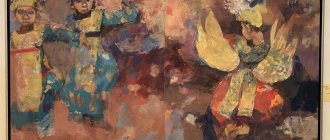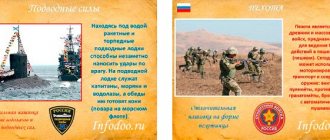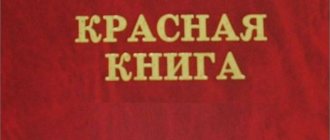Civic-patriotic education in library activities. Toolkit
Patriotic
— education of the most important spiritual, moral, cultural and historical values that reflect the specifics of the formation and development of our society and state, national identity, way of life, worldview and fate of Russians. It includes: selfless love and devotion to one’s Fatherland; pride in belonging to a great nation, its achievements, trials and problems; veneration of national shrines and symbols; readiness for dignified and selfless service to society and the state.
Professional activity
— formation of a conscientious and responsible attitude towards work related to serving the Fatherland, the desire to actively demonstrate professional and labor qualities in the interests of successful performance of official duties and assigned tasks. It includes: motives, goals and objectives, value orientations of professional and active self-realization of the individual, professional aspirations and focus on achieving high performance results, the ability to effectively and efficiently perform official duties and achieve specific goals, the ability to predict and implement plans for one’s professional growth.
Psychological
— formation in young people of high psychological stability, readiness to perform complex and responsible tasks in any situation, the ability to overcome the hardships and deprivations of military and other types of public service, the most important psychological qualities necessary for successful life and activity in the team of a unit or unit. It includes: the study and forecasting of socio-psychological processes in military and other groups; prevention of negative phenomena and manifestations of deviant behavior; relieving psychological tension, overcoming stress, developing psychological qualities, taking into account the characteristics of various categories of personnel, each individual; individual educational work in the process of professional selection and based on its results.
Education based on military traditions
, which are stable, historically established, specific forms of relations passed down from generation to generation in the military organization of society in the form of order, rules and norms of behavior, spiritual values, moral attitudes and customs associated with the implementation of combat training tasks, the organization of military and other types public service and everyday life.
The most important military traditions that have the greatest educational impact on young people are: loyalty to the military oath, the Battle Banner and the Naval flag; serving the interests of the people, and not individual political parties and their leaders; dedication and sacrifice in battle to achieve a common victory; mass heroism and courage at a time when the fate of the independence of the Fatherland is being decided; military valor, the ability to endure the difficulties of military service; democracy in relationships between military personnel and mutual trust; humane attitude towards the defeated enemy, the population of foreign countries and prisoners.





